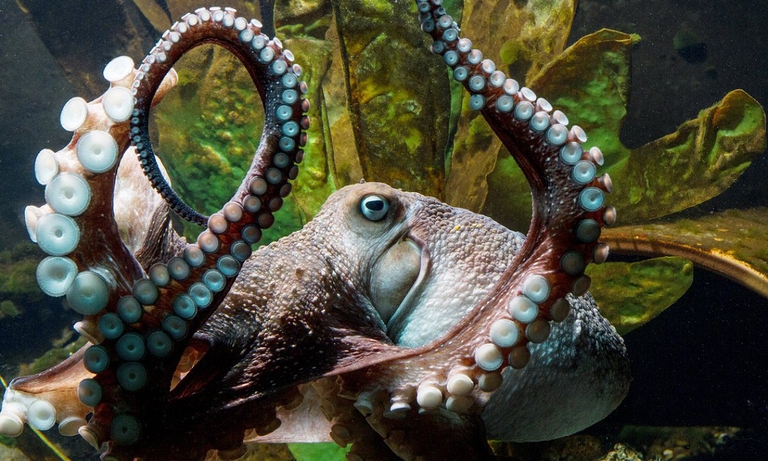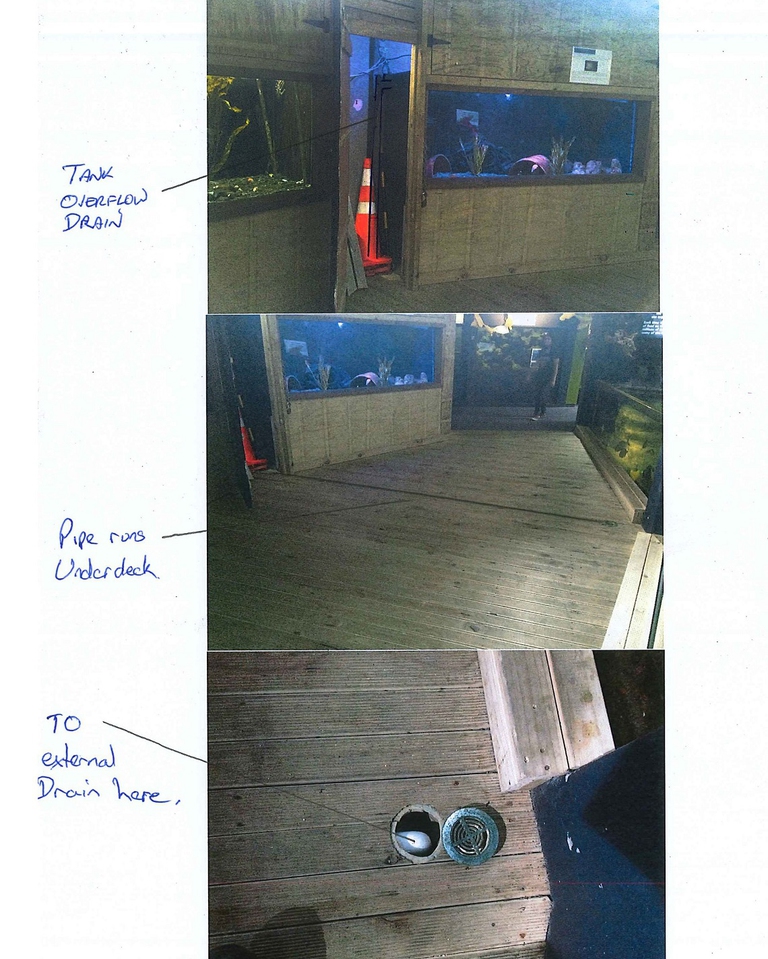
Our species took its first steps in a world covered in trees. Today, forests offer us sustenance, shelter, and clean the air that we breathe.
L’animale sarebbe fuggito dal National aquarium, in Nuova Zelanda, evadendo dalla propria vasca e approfittando di un tubo di scarico.
Inky made his break out thanks to his species’ peculiar intelligence and now he’s probably enjoying the longed-for freedom in the Pacific Ocean. Inky is a male common octopus (Octopus vulgaris) that was kept in a tank of the Napier National Aquarium, New Zealand.
On the morning of 12 April the aquarium’s keepers checked his tank, but the cephalopod had disappeared. The only evidences were some traces of water leading to a drain hole only 150 millimetres in diameter. The animal would have slipped out of its tank and slithered on the floor to reach the drainpipe.
Inky would thus have travelled the 50-metre-long pipe and reached the ocean in Hawke’s Bay (a scene that could remind the legendary break out of Andy Dufresne in The Shawshank Redemption). The octopus’ getaway could seem incredible, but this is the only explanation possible, as the aquarium’s keepers exclude the animal had been stolen.
Moreover, this theory is backed by these animals’ extraordinary intelligence and peculiar physical shape: the absence of endoskeleton and exoskeleton allow them to take any form and to pass through small and tight spaces and pipes.
“Octopuses are great escape artists, they are really intelligent animals, very inquisitive, and they also tend to explore whenever they get the chance,” said aquarium manager Rob Yarrell. “They stretch to extremes and squeeze through tiny spaces, as long as its mouth can fit. Their bodies are squishy but they have a beak, like a parrot.”
Cephalopods, invertebrates including octopus, squid, cuttlefish, and nautilus, have a highly developed nervous system and large brains, can solve complex problems, learn fast and, among other things, can orient themselves in labyrinths and open cans and bottles.
“Inky is such a curious boy. He would want to know what’s happening on the outside. That’s just his personality,” said aquarium keeper Reiss Jenkinson. Otherwise, the octopus (one of the planet’s first intelligent creatures) didn’t accept captivity and wanted to be master of his own fate again, even if this could lead to be eaten by seals or humans. In fact, Inky wasn’t born in captivity, but brought to the aquarium two years ago after he was captured by a fisherman.
Whatever destiny he will face, we love imagining him free, while hunting and camouflaging in the ocean, as the symbol of all animals’ wild desire of living free in their environment.
Siamo anche su WhatsApp. Segui il canale ufficiale LifeGate per restare aggiornata, aggiornato sulle ultime notizie e sulle nostre attività.
![]()
Quest'opera è distribuita con Licenza Creative Commons Attribuzione - Non commerciale - Non opere derivate 4.0 Internazionale.
Our species took its first steps in a world covered in trees. Today, forests offer us sustenance, shelter, and clean the air that we breathe.
Poachers in Africa are encroaching on wildlife land and killing rhinos in travel hot spots now devoid of visitors due to the coronavirus pandemic.
If you were a diver, a surfer, a sailor, or maybe a fisherman, or someone who buys fresh fish at a local market. If you were a person who spends summer days at the beach with your family, or goes for sunset walks along the coastal walkway and enjoys dining al fresco overlooking the sea.
Actor and environmental activist Leonardo DiCaprio has contributed two million dollars to a fund to protect Virunga National Park in Congo from threats such as terrorism, the coronavirus and poaching.
For the first time in seventeen years, Iceland’s two main whaling companies won’t resume whale hunting. The announcement concerns this year’s season but could carry into the future.
The relationship between the coronavirus and wildlife is complex: while the pandemic may lead to a reduction in the illegal trade in wild animals, it may also encourage it in other respects.
The largest coral reef in the world is severely threatened by climate change, but researchers are developing strategies that could contribute to saving the Great Barrier Reef.
NGO Free the Bears has opened a mountain sanctuary for moon bears in Laos. With the government’s help, it aims to close all bile farms by 2022.
Seychelles have extended its marine protected area, which now covers over 400,000 square kilometres, an area larger than Germany.









